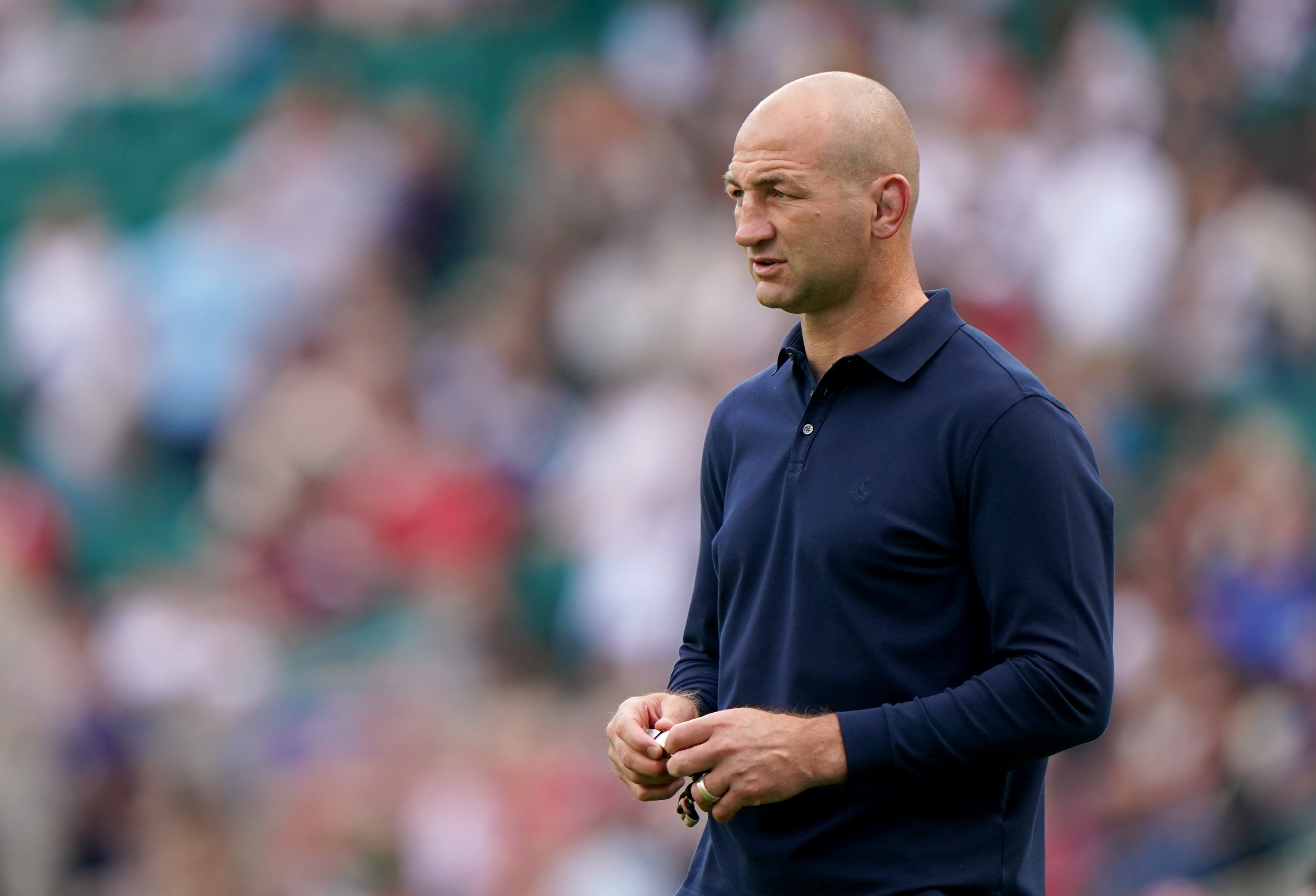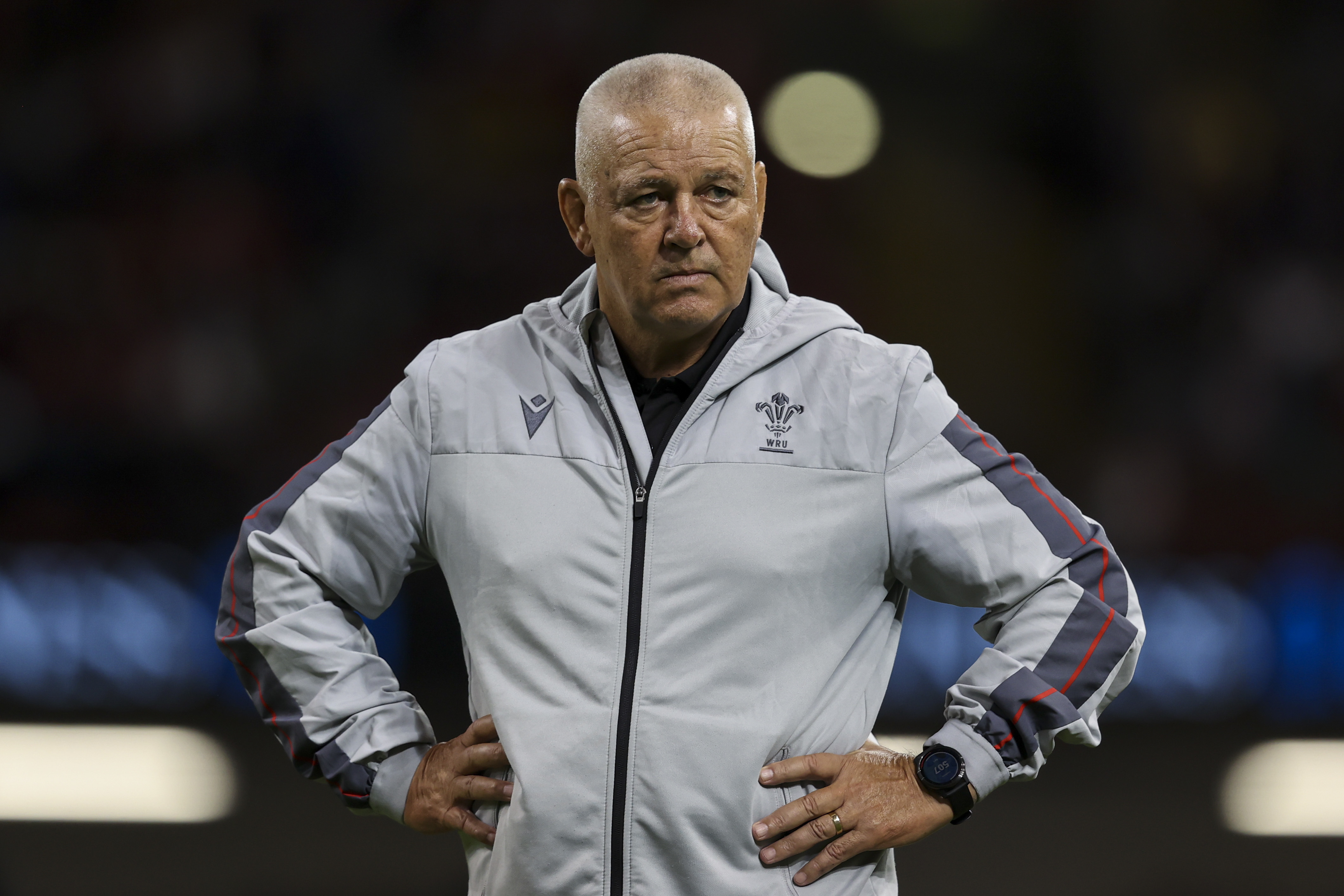Talking points ahead of 2023 Rugby World Cup in France
- 3764

One of the most eagerly-awaited tournaments in Rugby World Cup history will unfold in France during September and October.
It takes place across nine host cities – Paris, Toulouse, Marseille, Bordeaux, Nice, Lyon, Saint-Etienne, Nantes and Lille – with more than 2.5 million tickets sold.
Here, we look at some of the main talking points ahead of the competition.
Only four countries – New Zealand, Australia, South Africa and England – have won the World Cup during its nine previous stagings. The All Blacks and Springboks are once again expected to feature prominently, but Ireland and France can be confidently added to that mix. Six Nations champions Ireland, under the coaching direction of Andy Farrell, surged to top spot in rugby union’s world rankings, while Les Bleus’ thrilling playing style and power game are an irresistible combination. A lop-sided draw – it was carried out in December 2020 – has all the heavy-hitters in its top half, which could assist teams like the Wallabies and Wales merely adding to the intrigue.

It is 20 years since England conquered the rugby world – a success built from an imposing platform provided by players like Martin Johnson, Jonny Wilkinson, Lawrence Dallaglio, Jason Robinson and Richard Hill. Two more finals followed in 2007 and 2019 – England lost both – and they will arrive in France following a difficult build-up. New head coach Steve Borthwick, appointed earlier this year, oversaw an underwhelming Six Nations campaign, while key players Owen Farrell and Billy Vunipola are suspended for opening World Cup pool action after being sent off during warm-up games. There is little to suggest that England will be title contenders.
The widespread hope is that France 2023 will be remembered above anything else for the quality of rugby on show – but it is not guaranteed. High tackles, red cards, yellow cards and disciplinary hearings are an inevitability, while spectators are becoming accustomed with the foul play review bunker, where a second television match official can decide – on referral from the referee – if a yellow card should become red. Coaches will want consistency, too, on punishments handed out by disciplinary chiefs – England captain Farrell’s recent case highlighting that need – and all matters being efficiently and promptly dealt with.

Gatland could not have imagined a year ago that he would be back as Wales head coach and preparing for a fourth World Cup. His original 11-year stint in the job ended after the last tournament in Japan, but the Welsh Rugby Union turned to him following Wayne Pivac’s departure after a miserable 2022 when Wales lost nine Tests, including demoralising home defeats against Italy and Georgia. Gatland’s World Cup record with Wales is impressive – two semi-final appearances and one quarter-final – while he relishes an underdog status that regularly accompanies his players. A 33-1 shot, Wales might not be expected to feature at the tournament’s business-end, but Gatland will have other ideas.
Since the first World Cup in 1987, France have won 11 Five and Six Nations titles, including five Grand Slams, yet the biggest prize of all has eluded them. World Cup finalists 36 years ago, then again in 1999 and 2011, they finished as runner-up each time. But if Les Bleus can cope with host nation expectation and pressure, something they failed to do when France last staged the tournament in 2007, then this could be their time. They have the players – Antoine Dupont, Gregory Alldritt, Damian Penaud, Gael Fickou and Charles Ollivon, to name just five – and coaching team to thrive. If France beat New Zealand in game one, then their momentum could prove unstoppable.


































